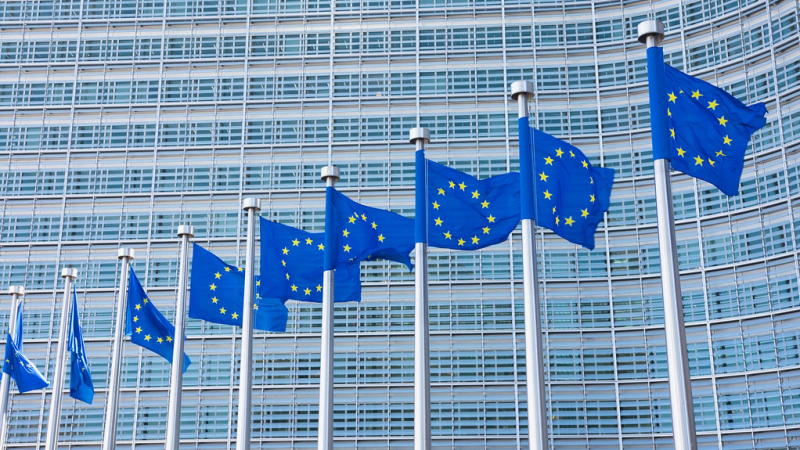Briefing: how the EU can make finance more sustainable
Aurelie Skrobik, Campaigner, Corporate Accountability, Global Witness
Ryan Brightwell, Campaign Lead Banks and Human Rights, BankTrack
Richard Gardiner, EU Public Policy Lead, World Benchmarking Alliance

Aurelie Skrobik, Campaigner, Corporate Accountability, Global Witness
Ryan Brightwell, Campaign Lead Banks and Human Rights, BankTrack
Richard Gardiner, EU Public Policy Lead, World Benchmarking Alliance
The EU has an opportunity to ensure transformative change in the financial sector through the Corporate Sustainability Due Diligence Directive (CSDDD), a legislative proposal that EU policymakers will finalise in the coming months.
The current draft text mentions the financial sector, but exempts it from the due diligence rules that apply to other companies. This briefing outlines how the EU can change this to ensure its financial systems protect human rights and the environment.
Financial institutions, such as investors, insurers and banks, must be able to identify whether their actions will negatively impact people or the planet, and then take measures to prevent and mitigate that impact.
EU-based financiers and their subsidiaries have played central roles in financing projects that have caused human rights violations and environmental damage, and have been linked to land grabbing, deforestation, and violence against communities and land and environmental defenders.
The European Commission’s draft of the CSDDD recognises this but does not ensure that they are required to support the protection of human rights and the environment.
The sector is exempt from several key obligations, allowing banks to avoid conducting meaningful due diligence when financing companies and projects. These exemptions risk the continued financing of human rights abuses and environmental destruction and contradict international due diligence guidelines.
Key Recommendations
We call on MEPs and Member States to improve the CSDDD by:
- Obliging financial institutions to conduct due diligence in an ongoing way, instead of as a one-off before providing services
- Ensuring due diligence is carried out throughout financial institutions’ entire value chains and investment portfolios
- Empowering financial institutions to divest from harmful entities where appropriate, in line with international best practices
- Including finance in the list of “high impact” sectors
